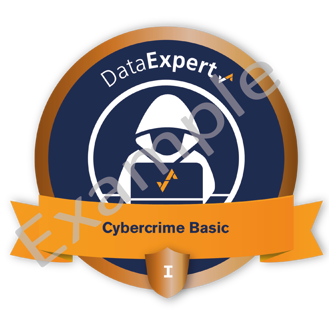Cybercrime Investigations
Cybercrime and digitised crime are topics that everyone performing investigations will eventually come to face. Social digitisation has led to a vast increase in investigations into cybercrime and digitised crime in recent years. Other investigations are starting to include ever-increasing cyber components. As such, knowledge of the digital world can be of exceptional added value for any investigation.
For whom is this training intended?
This course is suitable for anyone in investigations aiming to deepen their understanding of the world of cybercrime, including detectives tasked with simple cybercrime investigations or digital community officers.
What do you learn during the training?
After completing this course, participants will have gained insight into current trends, developments, opportunities, and threats from cybercrime and digitisation. During the course, participants follow the process from reporting a cybercrime to a case submitted to the Justice department. Topics covered as part of this process include:
- Basic knowledge of internet and computer technology through e-learning.
- National legal frameworks concerning cybercrime and authorities.
- Preparing and performing a cybercrime-related search.
- Restricting harm risk during an investigation.
- Interpreting and investigating data secured from a smartphone.
- Interpreting mail headers during a phishing investigation.
- Performing a brief online investigation to benefit one’s investigation.
- Creating and interview/ interrogation plan and report.
Cybercrime Badge
When you have completed an Cybercrime training at DataExpert, you will receive besides a diploma or certificate also a digital badge. This badge is easy to integrate on social media platforms like LinkedIn and is linked to your profile through the present metadata.

This course is part of the Cybercrime & Teams training trajectory that also includes the Advanced and Professional courses. The training is supported through DataExpert’s e-learning platform, where participants can learn the theory through both text and short videos. The course is taught in English, and can be offered in both online and frontal-teaching formats.